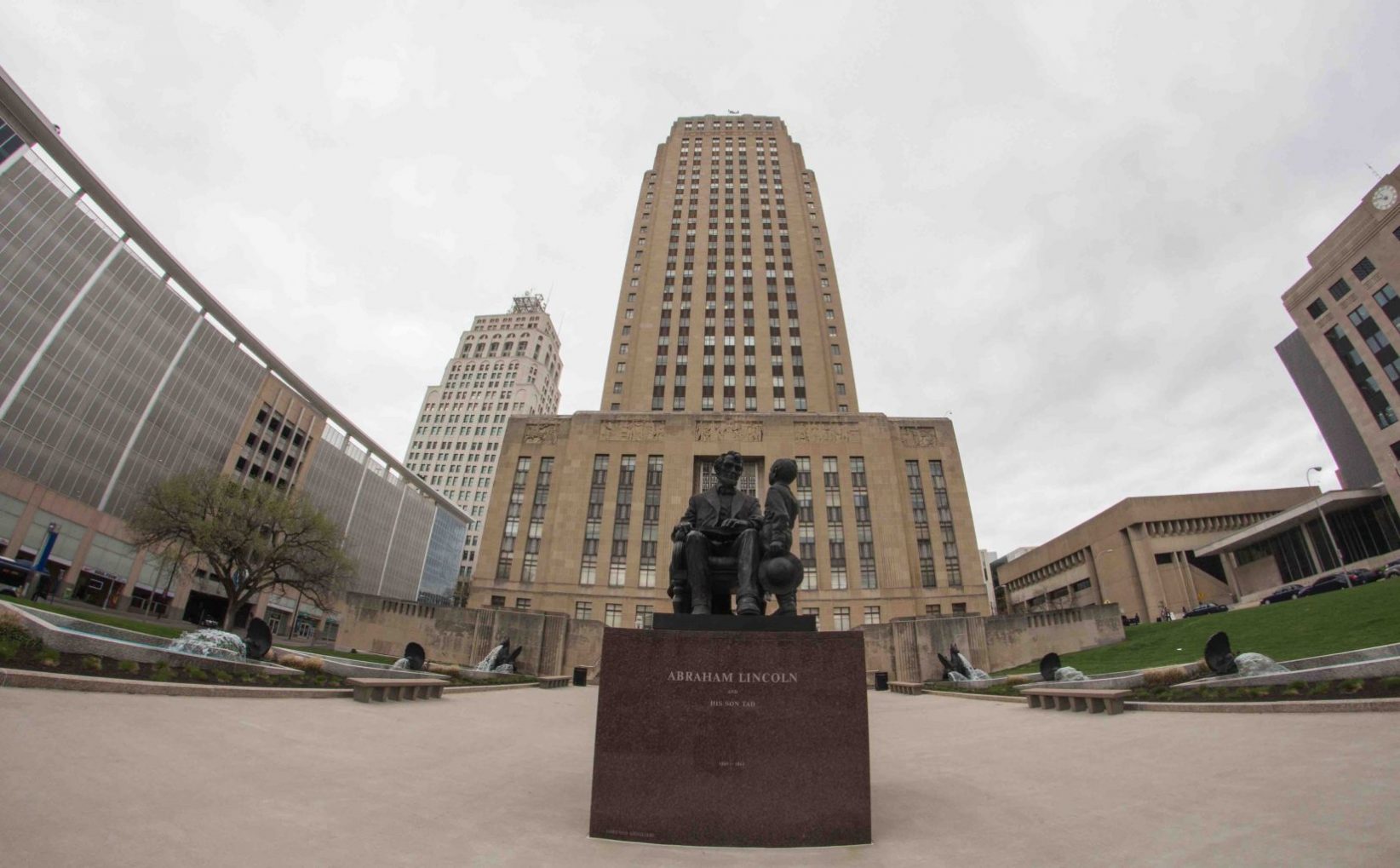Editor’s note: The public comment period on Kansas City’s proposed ride-sharing regulations has now ended, prompting the city’s regulated industries division to submit its recommendations to the Kansas City Council.
By directive of the council, city officials have reviewed current laws and culled public input on new, proposed changes, which at this point focus largely on new processes for background checks, driver permitting and operational fees. The proposals, however, have concerned Uber as well as the KC Tech Council, which represents dozens of area tech firms.
The opinions expressed in this commentary are the author’s alone.
With Kansas City quickly growing into the Midwest’s hub for technology and business, innovative companies such as Uber have the opportunity to capitalize on those business partners and potential hires who travel to Kansas City.
Recently, Kansas City’s Regulated Industries Division proposed potential new regulations for transportation network company — TNC — drivers. Uber has already voiced concern about how the current system, which requires drivers to go through a multi-step licensing process, has impacted their ability to attract more drivers in Kansas City. Another ridesharing company, Lyft, chose not to come back after exiting the city in 2014.
Many of Kansas City’s technology businesses use Uber in the transportation of their clients and potential hires.
As an advocate for the tech community, it is hard not to wonder what the impact would be on many KC Tech Council member companies if every driver had to be authorized by the city to use Uber’s product.
Further, the concern this change causes goes beyond Uber or the sharing economy. Over the past few years, Kansas City’s local tech scene has grown considerably — in large part due to the innovative companies that have attracted top talent from around the country to the region. That growth and the further development of local tech talent could easily be at risk if officials choose to move forward with these changes.
The worst-case scenario is that the city passes regulations that force Uber to leave. So far, Uber hasn’t mentioned leaving, but it’s hard to imagine it would continue operating. If Uber does exit, a lot of the work we’ve done to position Kansas City as a tech hub and a draw for high-skilled tech talent will experience a massive setback.
That doesn’t mean we should sacrifice safety. Clearly, other cities have been able to achieve a win-win solution and I hope both parties can continue to work toward that goal. Otherwise, we risk a massive PR fallout similar to what Austin, Texas experienced earlier this year.
The Kansas City Council should think deeply about the message it will be sending to the tech community by adopting changes that place more regulation on tech users rather than tech companies.
Ryan Weber is the President of KC Tech Council. The KC Tech Council serves as the regional advocate for Kansas City’s tech industry. The organization supports its member companies by focusing on three strategic priorities: workforce development, policy advocacy and industry access.









































